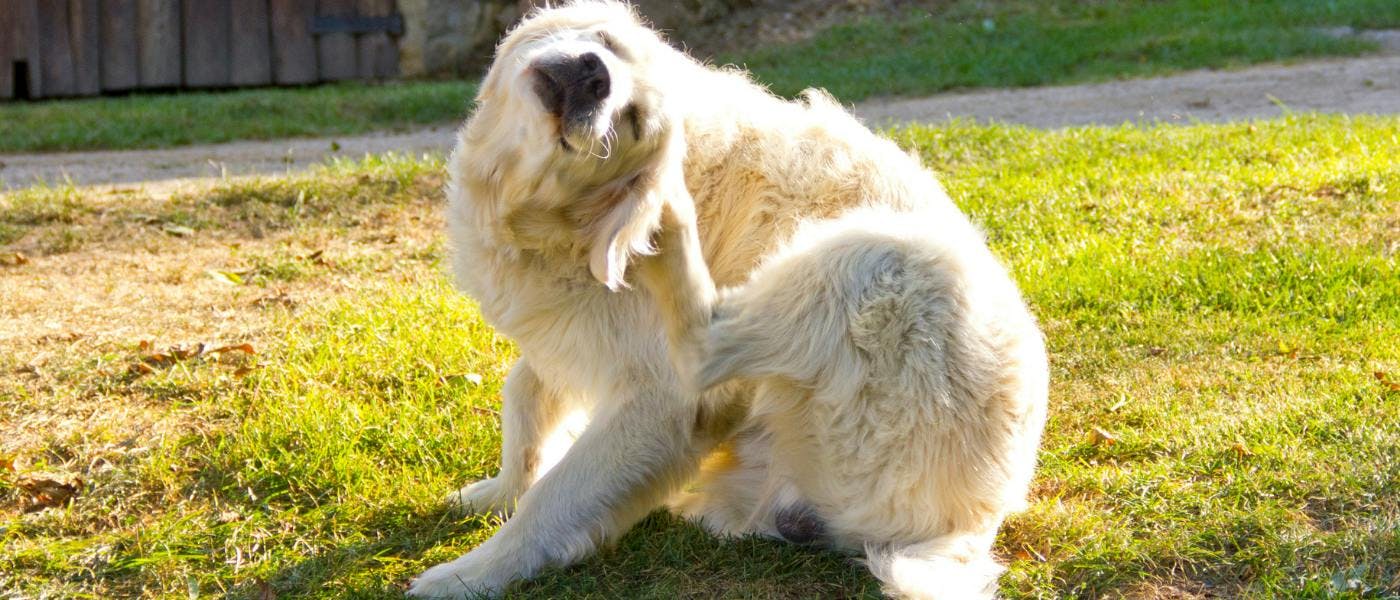5 Foods You Should Always Avoid If Your Dog Has Allergies
Anyone who has lived with a persistently itchy dog will understand how upsetting canine allergies can be. It is estimated between 10% and 18% of dogs in America today suffer with a true form of food allergy.
Dog food allergy symptoms include itching at the skin (particularly the feet, armpits and ears), stomach upsets - and if your dog is unlucky enough to be very sensitive, even dog hives. Plus you may notice other, more subtle signs like weight loss, changes in mood or a lack of energy.
It is possible to develop a dog food allergy at any age, but most dogs will typically start showing signs at around one year old. Confusingly, dogs can also develop allergies in later life to a food that they have been eating fine for months, sometimes even years.
Here’s 5 of the worst trigger foods to avoid if you suspect your dog has a food intolerance:
- Chicken
- Beef
- Lamb
- Soy
- Gluten (from wheat)
Food allergies are seen equally in both small breed dogs and large breed dogs. However, there are certain specific breeds that are more likely to develop food allergies, such as French Bulldogs.
Avoid breeding from dogs who suffer from allergies as this condition is very likely to be passed on to the puppies.
If you are concerned your dog is suffering from food allergies, you can confirm a diagnosis either by an allergen test at your vet or by an elimination diet. It also helps to supplement your dog’s diet with natural support from Omega Fatty Acids and Curcumin. Which is why Front Of The Pack have developed The One/products/the-one, a blend of 12 clinically proven ingredients designed to support allergies. The One/products/the-one contains Krill, a rich source of Omega’s to soften and hydrate skin as well as Curcumin to balance your dog’s inflammatory responses.
